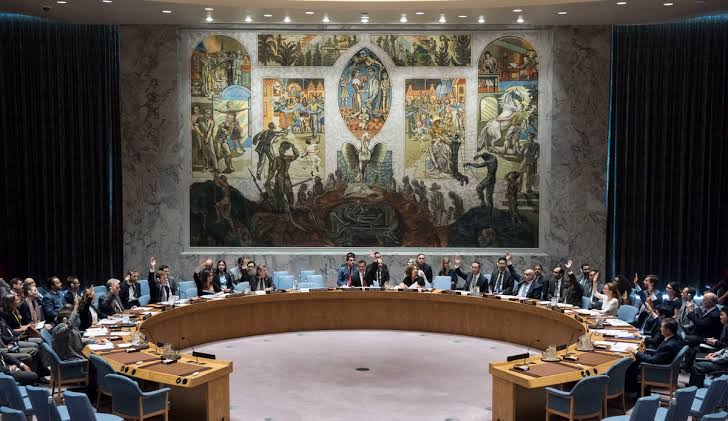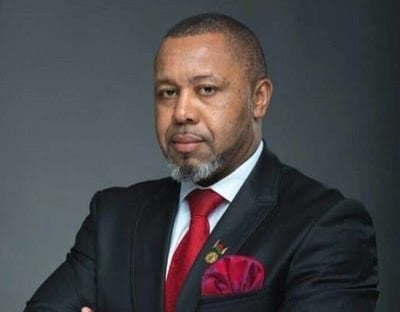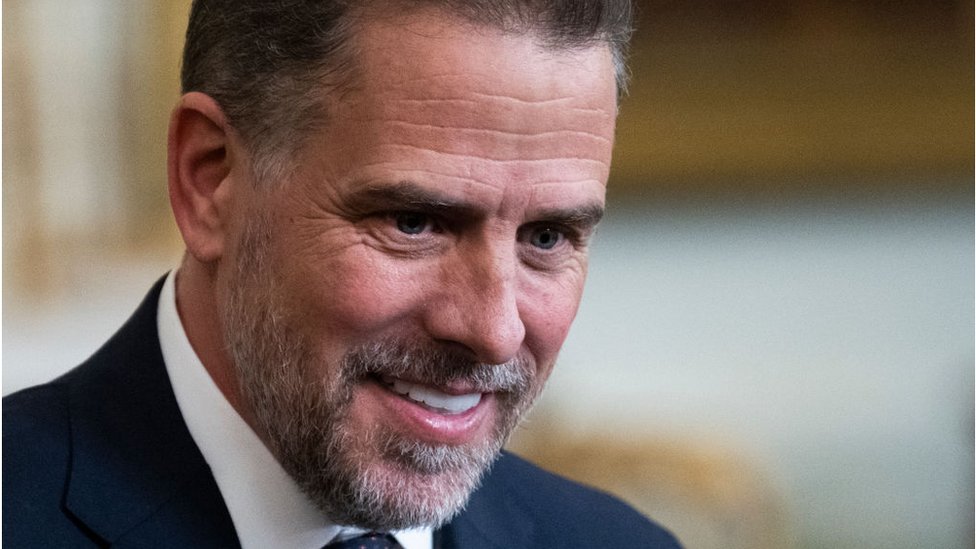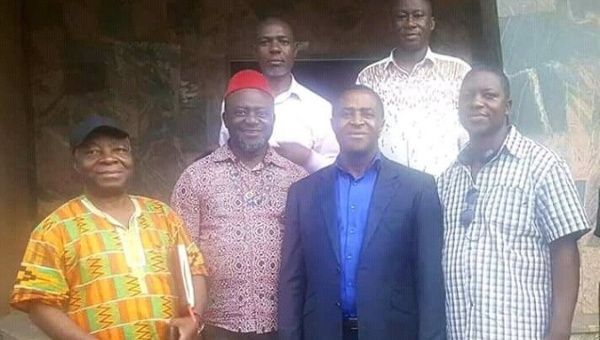France's President Emmanuel Macron delivers a speech during a tribute ceremony at the Halle aux Grains in Toulouse, southern France, on March 20, 2022, to commemorate the tenth anniversary of the attacks perpetrated by Mohamed Merah which killed seven people in 2012. - Merah, a French delinquent who had turned to fundamentalism, killed a French soldier on March 11, 2012, two others on March 15 and three children and a teacher in a Jewish school on March 19, 2012. He was killed during the assault of his appartment by French special police forces on March 21, 2012. (Photo by Ludovic MARIN / POOL / AFP) (Photo by LUDOVIC MARIN/POOL/AFP via Getty Images)
Emmanuel Macron, president of France, has dissolved the country’s parliament after exit polls showed his party suffered a heavy defeat in European parliamentary elections to the far-right National Rally (RN) party.
According to provisional results, Macron’s Renaissance Party secured just 15.2 per cent of the votes, while the RN gathered 31.5 per cent.
Rattled by his party’s defeat, Macron called for a snap legislative election.
The first round will be held on June 30, with a second round on July 7, Macron said.
ADVERTISEMENT
Advertisement
“I have decided to give you back the choice of our parliamentary future by voting,” the president said to French citizens in a video address shortly after the results were announced.
“I have heard your message, and I will not let it go without a response.
“France needs a clear majority in serenity and harmony,” he said, adding that he could not resign himself to the far-right’s progress “everywhere on the continent”.
Advertisement
Though the European vote has no bearing on the French country’s national politics, Macron’s decision to rejig the national assembly means he does not want to continue his mandate without a new popular consultation.
Forging ahead without caution about the parliament’s power balance would place too much strain on the system.
However, if Macron’s party loses the majority, he would be forced to name someone from the opposition as prime minister.
Macron, whose tenure still runs for three more years, would retain the lead role on defence as commander-in-chief and on foreign policy, but would forfeit the power to set domestic policy, from economic decisions to security.
Advertisement
The ruling Renaissance Party has 169 lawmakers in the national assembly, the biggest grouping in the 577-seat chamber. The RN party is the main opposition, with 88 seats.
Marine Le Pen, RN leader, welcomed Macron’s call for new elections.
“We are ready to take over power if the French give us their trust in the upcoming national elections,” she said.
Macron expressed optimism that the French would make the “right decision” in the polls.
Advertisement
Add a comment






